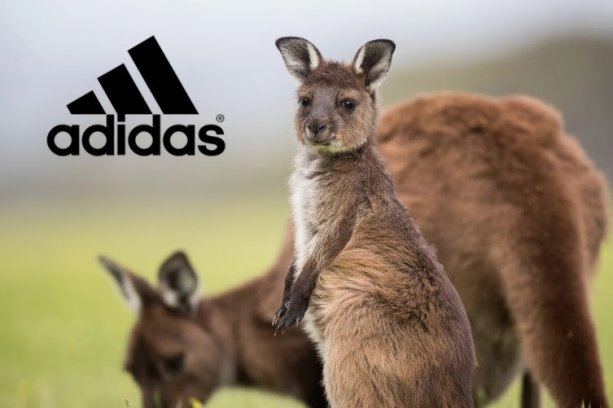
Adidas launches No Dye Collection
Pressure group now seeking similar pledges from Japanese companies ASICS and Mizuno.

19th May 2025
Innovation in Textiles
|
Germany
Adidas is to cease the sourcing of kangaroo skins following an in-person plea by the Center for a Humane Economy’s president Wayne Pacelle at the brand’s recent AGM in Germany.
In response, the athletic shoe giant’s CEO Bjørn Gulden announced that the company has exited the kangaroo skin trade some months ago and will not resume any further purchases.
The announcement completes the run of new policies against kangaroo killing driven by the Kangaroos Are Not Shoes campaign by the Center for a Humane Economy – with Diadora, New Balance, Nike, Puma and now adidas announcing policies to halt the sourcing of skins from the marsupials killed in night-time massacres of adults that also orphan the joeys.
“The mass killing of kangaroos has been driven by exports mainly for kangaroo skins,” said Pacelle. “With adidas exiting the trade, we have shut down the sourcing of skins by the world’s top five athletic shoe brands. We will now redouble our efforts to secure similar pledges from Japanese companies ASICS and Mizuno and end this trade once and for all.”
Since the launch of the Kangaroos Are Not Shoes campaign in 2020, the Center for a Humane Economy, headquartered in Bethesda, Maryland, has led investigations, protests, litigation and international coalition-building to expose the brutal commercial slaughter of kangaroos in Australia. The annual kill has already dropped from 2 million to 1.3 million, and is expected to decline further as these policies go into effect.
“Adidas has been the most important supporter of the Australian kangaroo kill for years,” said Pacelle. “Its exit from this trade is thrilling news.”

Business intelligence for the fibre, textiles and apparel industries: technologies, innovations, markets, investments, trade policy, sourcing, strategy...
Find out more